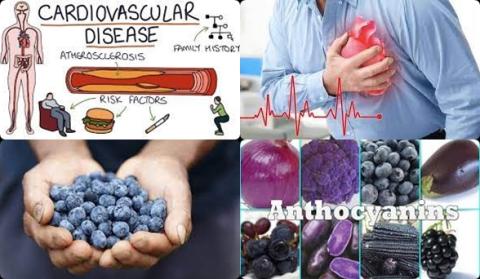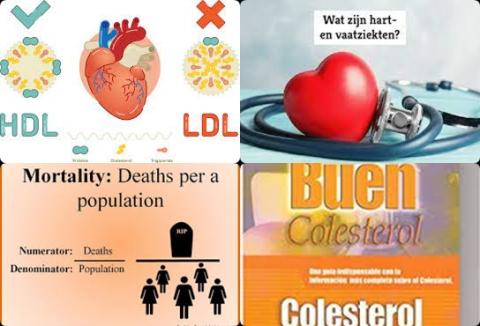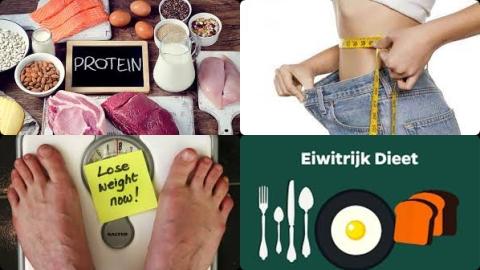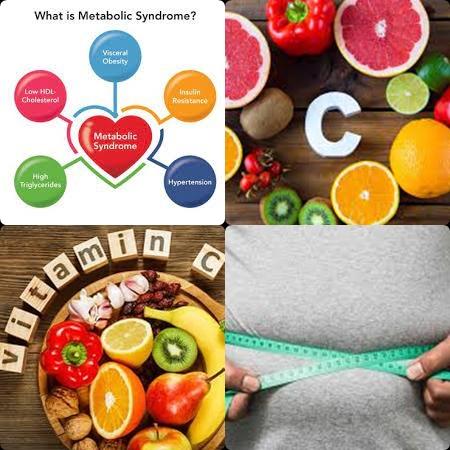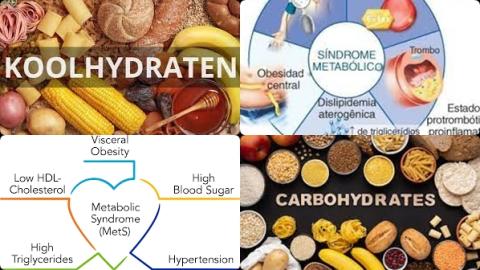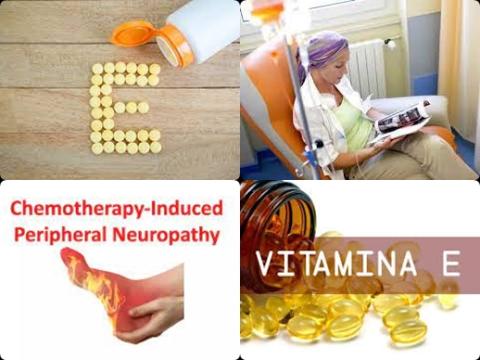Onderzoeksvraag:.
De associaties tussen de inname van anthocyaninen en anthocyanine-rijke bessen en het risico op het krijgen van hart- en vaatziekten moeten nog worden vastgesteld. Daarom werd dit overzichtsartikel uitgevoerd.
Verlaagt zowel het slikken van gezuiverde anthocyaninensupplementen als het eten van anthocyanine-rijke bessen de kans op het krijgen van hart- en vaatziekten?
Studieopzet:
Dit overzichtsartikel bevatte 44 RCT’s met in totaal 2353 deelnemers en 15 prospectieve cohort studies met in totaal 554638 deelnemers.
The gemiddelde interventieduur van de RCT’s was 8 weken. 22 van de 44 RCT’s waren van hoge kwaliteit.
De gemiddeld follow-up duur van de 15 cohort studies was 12 jaar. 12 van deze 15 studies waren van hoge kwaliteit.
Er was geen publicatie bias, behalve bij het effect van gezuiverde anthocyaninensupplementen op het HDL cholesterolgehalte.
Resultaten en conclusies:
De onderzoekers vonden in gepoolde analyses van RCT’s dat het slikken van gezuiverde anthocyaninensupplementen het LDL cholesterolgehalte (slecht cholesterol) significant verlaagde [WMD = -5.43 mg/dL, 95% BI = -8.96 tot -1.90 mg/dL, p = 0.003].
De onderzoekers vonden in gepoolde analyses van RCT’s dat het slikken van gezuiverde anthocyaninensupplementen het triglyceridengehalte significant verlaagde [WMD = -6.18 mg/dL, 95% CI = -11.67 tot -0.69 mg/dL, p = 0.027, I2 = 0%].
De onderzoekers vonden in gepoolde analyses van RCT’s dat het slikken van gezuiverde anthocyaninensupplementen het HDL cholesterolgehalte (goed cholesterol) significant verhoogde [WMD = 2.76 mg/dL, 95% CI = 1.34 tot 4.18 mg/dL, p 0.001, I2 = 43.5%].
Dit verhoogde effect werd ook teruggevonden in de subgroepenanalyses.
De onderzoekers vonden in gepoolde analyses van RCT’s dat het slikken van gezuiverde anthocyaninensupplementen het tumornecrosefactor-alfa (TNF-α) gehalte significant verlaagde [WMD = -1.62 pg/mL, 95% BI = -2.76 tot -0.48 pg/mL, p = 0.005, I2 = 0%].
De onderzoekers vonden in gepoolde analyses van RCT’s dat het slikken van gezuiverde anthocyaninensupplementen het CRP-gehalte significant verlaagde [WMD = -0.028 mg/dL, 95% BI = -0.050 tot -0.005 mg/dL, p = 0.014, I2 = 26%].
De onderzoekers vonden in gepoolde analyses van RCT’s dat suppletie van anthocyanine-rijke bessen (bosbes, cranberry, bilberry en zwarte bes) het totale cholesterolgehalte significant verlaagde [WMD = -4.48 mg/dL, 95% BI = -8.94 tot -0.02 mg/dL, p = 0.049].
De onderzoekers vonden in gepoolde analyses van RCT’s dat suppletie van anthocyanine-rijke bessen (bosbes, cranberry, bilberry en zwarte bes) het CRP-gehalte significant verlaagde [WMD = -0.046 mg/dL, 95% BI = -0.070 tot -0.022 mg/dL, p 0.001, I2 = 0%].
De onderzoekers vonden in gepoolde analyses van cohort studies dat de inname van anthocyaninen via voeding, de kans op het krijgen van coronaire hatziekte significant met 17% [relatieve risico = 0.83, 95% BI = 0.72 tot 0.95, p = 0.009, I2 = 51.2%] verlaagde.
De onderzoekers vonden in gepoolde analyses van cohort studies dat de inname van anthocyaninen via voeding, de kans op het krijgen van hart- en vaatziekten significant met 27% [relatieve risico = 0.73, 95% BI = 0.55 tot 0.97, p = 0.03, I2 = 76.7%] verlaagde.
De onderzoekers vonden in gepoolde analyses van cohort studies dat de inname van anthocyaninen via voeding, de kans op doodgaan aan hart- en vaatziekten significant met 9% [relatieve risico = 0.91, 95% BI = 0.87 tot 0.96, p 0.001, I2 = 0%] verlaagde.
Echter, dit verlaagde risico werd in de subgroepenanalyses alleen teruggevonden bij vrouwen maar niet bij mannen.
De onderzoekers concludeerden dat zowel het slikken van gezuiverde anthocyaninensupplementen gedurende 8 weken als het eten van anthocyanine-rijke bessen (bosbes, cranberry, bilberry en zwarte bes) de kans op het krijgen van en doodgaan aan hart- en vaatziekten verlaagden.
Oorspronkelijke titel:
Anthocyanins, Anthocyanin-Rich Berries, and Cardiovascular Risks: Systematic Review and Meta-Analysis of 44 Randomized Controlled Trials and 15 Prospective Cohort Studies by Xu L, Tian Z, […], Yang Y.
Link:
https://www.ncbi.nlm.nih.gov/pmc/articles/PMC8714924/
Extra informatie van El Mondo:
Vind hier meer studies/informatie over bessen, anthocyaninen, het verlagen van het cholesterolgehalte en het verlagen van hart- en vaatziekten.
